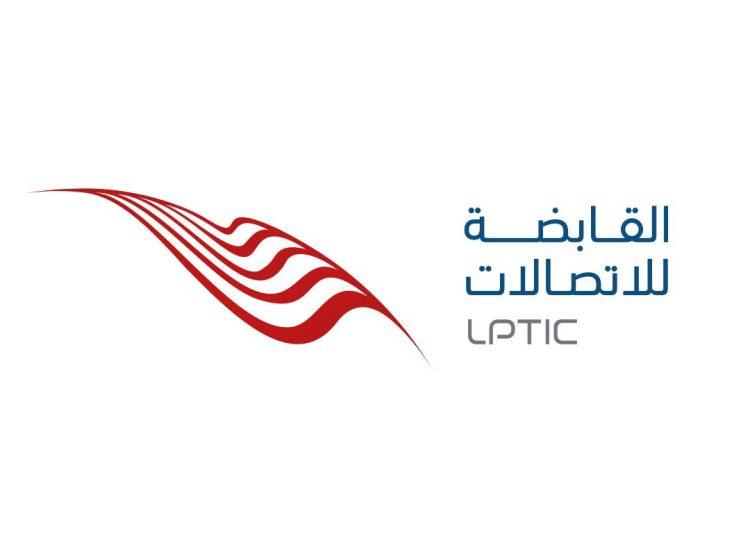The submarine cable project “Medusa”, referred to as one of the strategic projects that will connect Libya with Europe through a submarine cable extending for 8,700 km, was inaugurated last Saturday 10 May in the city of Misrata.
The project, Libya’s state telecoms holding company (LPTIC) said, is a quantum leap in the telecommunications sector, as it connects Libya with the largest Internet service providers in the world, which will contribute to improving the quality and speed of Internet services in the cities of Tripoli, Misrata and Benghazi, and supporting fifth generation applications, data centres, and cloud computing.
The Medusa cable will also facilitate the provision of digital services to citizens and enhance data governance in sovereign government entities and services, supporting the national digital transformation.
The inauguration took place in the presence of the Chairman of the Communications and Information Regulatory Authority (CITRA), Mr. Abdul Basit Al-Baour, the Chairman of the Board of Directors of the Telecommunications Holding Company, Dr. Yousef Abuzweideh, the Mayor of Misrata, Mr. Mahmoud Al-Sgotri, in addition to the Chairman of the Board of Directors of the International Telecommunications Company, Eng. Fouad Al-Surmani, the chairmen and members of the boards of directors of the subsidiaries, and a number of members of the Board of Directors of the Telecommunications Holding Company and the Misrata Municipal Council.
Contract signed in 2023
It will be recalled that in November 2023, the Libyan United International Company (LUIC), one of the newly established private sector companies working in the field of communications, had signed a contract to connect Libya to the Medusa submarine cable project.
The Medusa submarine cable system connects all of Libya to Europe with the countries of the Mediterranean Basin, including Italy, Spain, Portugal. Morocco, Tunisia, Greece, Egypt and Cyprus.
Making Libya a digital gateway to Africa
The cable connection would contribute to making Libya a digital gateway to Africa, making Libya an exporter of telecommunications and Internet services to African countries and an important hub for linking Europe to Africa. It will enable Libya to export these services to the countries of Chad, Niger, Mali, and then the countries of Central Africa.
Libya’s digital transformation
The cable connection will contribute to supporting Libya’s digital sovereignty in a very secure and advanced manner and contribute to the digital transformation plan in Libya by diversifying communications sources in a secure manner. It will give the Libyan communications sector a qualitative leap that will raise the quality, capacity, and speed of communications and the internet locally.
.










